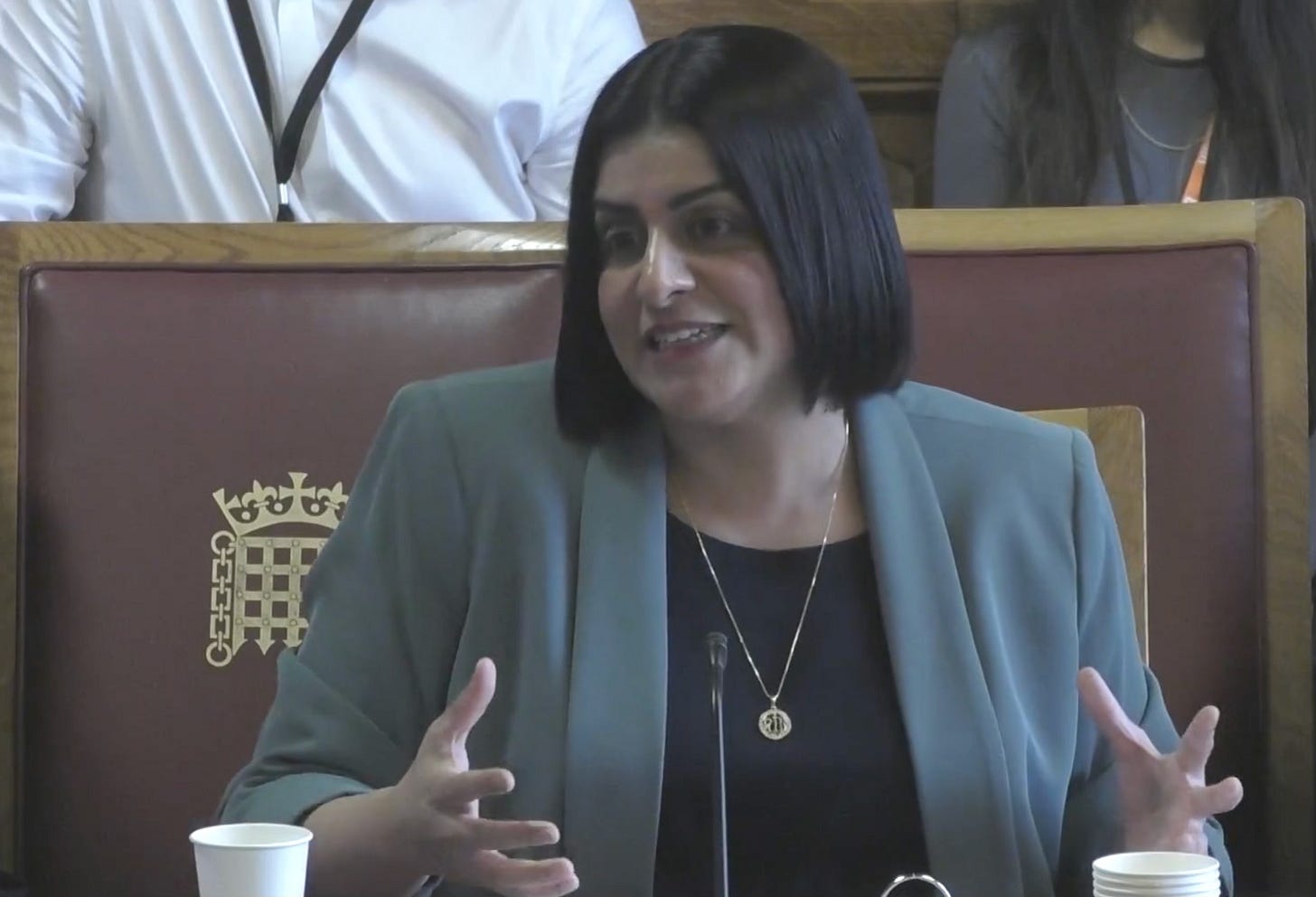Exercising judgement
Should judges stand aloof from criticism? Join the fray? Or take a middle way?
The justice secretary has commented on reports that her Conservative shadow Robert Jenrick MP published a social media post that risked jeopardising a major criminal trial.
Mr Justice Goose is reported to have described Jenrick’s post as “ill thought through” and urged him to “exercise caution” amid fears, aired in court, about its potential impact on the trial of a gangland killer.
Concerns were raised in July by prosecution and defence lawyers in the trial of Elias Morgan, an armed robber who shot dead a former prison officer. Goose allowed the trial to go ahead and Morgan was given a minimum term of 45 years on Tuesday after his conviction for murder.
The shadow justice secretary’s message on X, which appeared to pre-judge the defendant’s guilt, was first reported by the Liverpool Echo and corroborated by the BBC’s home and legal correspondent. The post was later taken down.
Giving evidence to the Lords constitution committee on Wednesday, Shabana Mahmood said that if a Labour politician was risking the collapse of a trial, there would be repercussions.
She continued:
It would be an absolute travesty of justice if somebody walks free from a murder charge because of social media activities and the desire to have a viral tweet.
That is, and always will be, unacceptable and I hope that there can be more consensus politically about not just saying “this is a bad thing to do” but actually having some repercussions for what happens when you when you do that.
Mahmood was answering a question from Lord Bellamy KC, who served as a justice minister in the last Conservative government. She then spoke about the independence of the judiciary.
It was “absolutely fine” to say a case had been wrongly decided by a court. But what was not acceptable, she said, was to cast aspersions on individual judges by arguing that they were biased and had made rulings based on their political views.
She gave no examples but may have been thinking of posts such as this:
At no point did Mahmood refer to Jenrick by name. But she left the committee in no doubt she was speaking of her Conservative shadow when she said “those who aspire to high office, those who aspire to do the job that I am doing” had to maintain the integrity and the independence of the judiciary.
More broadly, Mahmood argued that it was “incumbent on politicians of all stripes to play their part in maintaining the integrity of our system”. And that’s a topic I discuss in my column for today’s Law Society Gazette.
The justice secretary herself has been accused of undermining judicial independence by imposing constraints on the Sentencing Council. She firmly denied that on Wednesday.
Meanwhile, a report published yesterday by the Bonavero Institute of Human Rights at Oxford accused politicians and some news outlets of misrepresenting rulings by immigration tribunals. It’s an issue I have covered this year.
How should senior judges respond to what they see as attempts to undermine the judiciary? Should they stand aloof? Join the fray? Or take a middle way?
To read today's column, click here and then click anywhere on the left-hand page.
Update 1645: Mahmood, about whom I have written rather a lot this week, has been appointed home secretary. David Lammy is the new justice secretary, a role he will combine with that of deputy prime minister.




This is not Jenrick’s only offence of this type. Through “Lawyers for Borders” he has been involved in encouraging local authorities to apply for planning injunctions against asylum hotels as in the Epping case at first instance. There is a post on his Twitter/X account this week which significantly misrepresents the Court of Appeal decision reversing it, mistakenly including a screenshot from the High Court and not the Court of Appeal judgment. This is not a mere innocent blunder as it has been pointed out in replies and even community noted but not deleted or corrected. It has had over 1M views.
Nor has he done anything to distance himself from the complaint made to the Judicial Conduct Investigations Office that Lord Justice Bean should have recused himself from the appeal on the ground of apparent bias. The complaint was made by Steven Barrett, who is a barrister and who is also involved with “Lawyers for Borders”. Neither he nor Jenrick are fair-minded observers here. He should and must by now know that such a complaint is not within the JCIO remit, yet he has posted to his Twitter/X account about it, accompanied by a considerable amount of puerile jeering abuse of the judge. As shadow Lord Chancellor and minister for justice and prospective Lord Chancellor if in government, Jenrick should be a lot better than this.
If someone prejudices a criminal trial, an application for contempt of court can have a remarkable effect